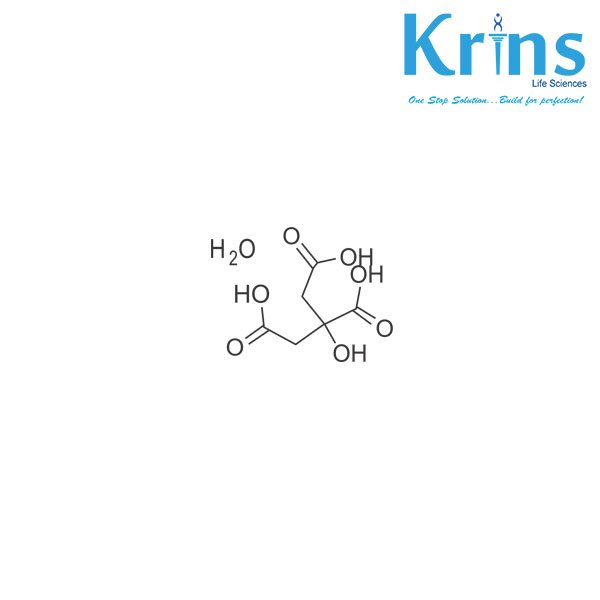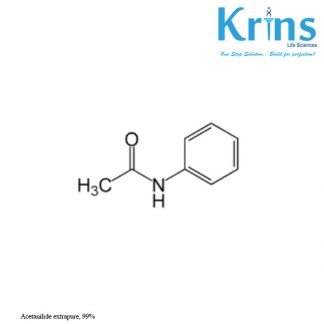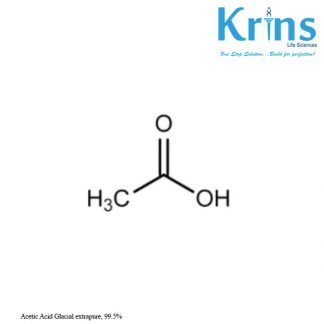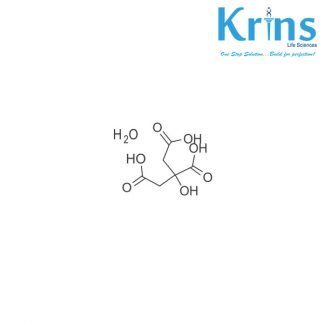Description
Citric acid is a fruit acid naturally occurring from citrus fruits, commercially produced by microbial fermentation of a carbohydrate substrate. Citric Acid Monoxide has one water molecule as part of its chemical formula and exists as a colourless white crystalline powder. The monohydrate form of citric acid is obtained when citric acid is crystallized from cold water. Its chemical formula is C6H8O7.H2O.
Citric Acid is a weak organic acid. Due to its antioxidant properties, citric acid is used as an adjuvant in pharmaceutical preparations. Citric acid is the most commonly used as a pH-control agent in foods, pharmaceuticals, beverages, and technical applications. Citric acid is most commonly used in the food, cosmetic and pharmaceutical industries. It is found in citrus fruit such as lemons and limes naturally. Citric acid is used as a preservative as it maintains the stability of active ingredients. It acts as an anticoagulant by chelating calcium in the blood. The parent base of citric acid, citrate occurs naturally during metabolism in all aerobic organisms. Citric acid monohydrate has a strongly acidic taste and it is efflorescent in dry air. It is very soluble in water, freely soluble in ethanol (96 %) and cautiously soluble in ether. Citric acid monohydrate is non-toxic and has low reactivity and is fully biodegradable.
CAS No. 5949-29-1
Packing : 500 G
HSN Code : 29181400
IMDG Identification : Not Regulated for Transport (Non-Haz)
Molecular Formula : C6H8O7.H2O
Molecular Weight : 210.14
Storage : Room Temperature
Shelf Life : 60 Months
Specifications
| Specifications | ||||||||||||||||||||||||||||||
|
||||||||||||||||||||||||||||||





